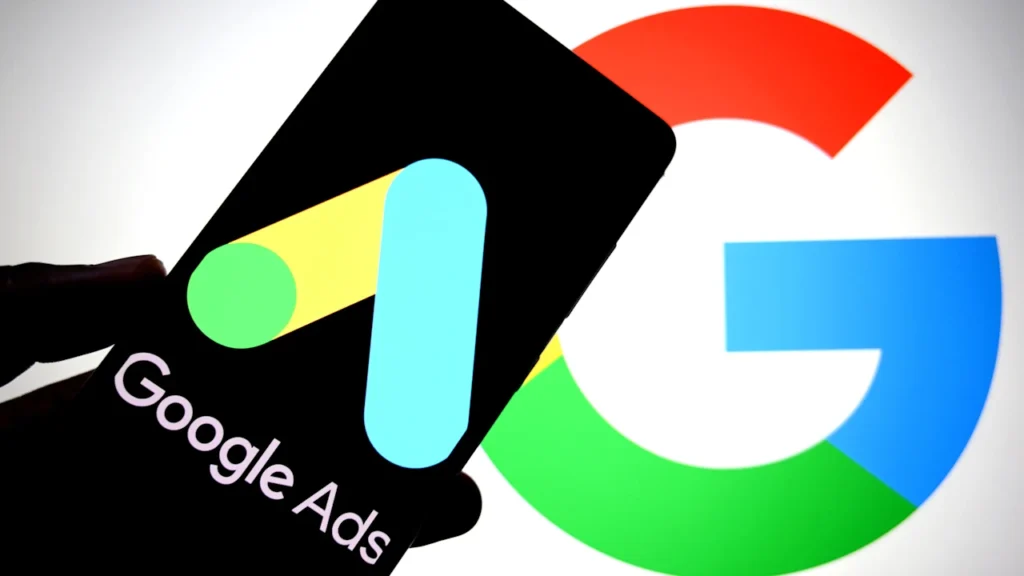
Twenty-five years ago, Google unveiled Adwords, which pledged to enable advertisers “to quickly design a flexible program that best fits [their] online marketing goals and budget,” Google cofounder Larry Page said at the time.
The principle was simple. AdWords allowed advertisers to purchase individualized, affordable keyword-based advertising that appears alongside search results used by hundreds of millions of people every day.
That decision was a game changer for Google. Advertising now accounts for around three in every four dollars of revenue the company has made so far this year, growing 10% in the last year alone. The product, since renamed Google Ads, has powered the company to prosperity, cementing its position at the top of the search space.
But a quarter of a century on, artificial intelligence could force an overhaul of Google Ads.
“The shift from traditional search to AI answer engines represents the greatest challenge to Google’s $200 billion monetization engine we’ve ever seen,” says Aengus Boyle, vice president of media at VaynerMedia, a strategy and creative agency set up by entrepreneur Gary Vaynerchuk.
That’s not because competitors are siphoning away users from Google: The company’s global daily active users are up 13% year on year, with nearly 2 billion people logging on to Google services every day, according to Bank of America estimates. But because Google is starting to layer in AI-tailored answers into the front page of its search results—often above the advertisements and blue links to sources that helped make its name over the last 25 years—its ability to bring in ad revenue could take a serious hit.
“If AI answers start replacing traditional Google searches, that’s a real threat to the whole cash engine,” says Fergal O’Connor, CEO of Buymedia, an ad platform company. “Google makes most of its money from ads tied to clicks. The more queries, the more ad space, the more revenue.”
The problem is that AI summaries of search results make it less necessary to click through to websites. So far, that’s been to the consternation of website owners, who rely on visits to their websites in order to sustain their business models. In time, it could harm Google itself. “If people stop clicking through to sites because they get what they need from an AI summary, that entire model takes a hit,” O’Connor says.
Of course, Google will “obviously try to wedge ads into the AI answers,” notes O’Connor—and indeed, the company is already doing so—but he says it’s not a like-for-like comparison. “One generative answer replaces a full results page of ad inventory, so it’s fewer impressions, fewer clicks, and less data flowing through the system,” he explains.
However, if anyone is best placed to capitalize on those changes, it’s Google, Boyle predicts. “Their clearest advantage lies within Google Ads—which has allowed them to integrate ads into new AI discovery surfaces, like AI Overviews and AI Mode, faster than any of their competitors in the space,” he says.
O’Connor believes that Google will adapt to the new norm, with AI being altering—but not terminal—to the future of advertising.
“If people genuinely stop ‘Googling’ and start ‘asking,’ the whole search economy has to reinvent itself,” O’Connor says. “But if you’ve been around the digital ad space for a few decades, you’ll know that we’ve survived a few events that were billed as being apocalyptic to the industry.”
Google has had 25 years to understand how best to target and present ads to its users and to squeeze out everything it can from the ad industry. It’s best placed to secure another 25 years of dominance, even if it requires some changes.
